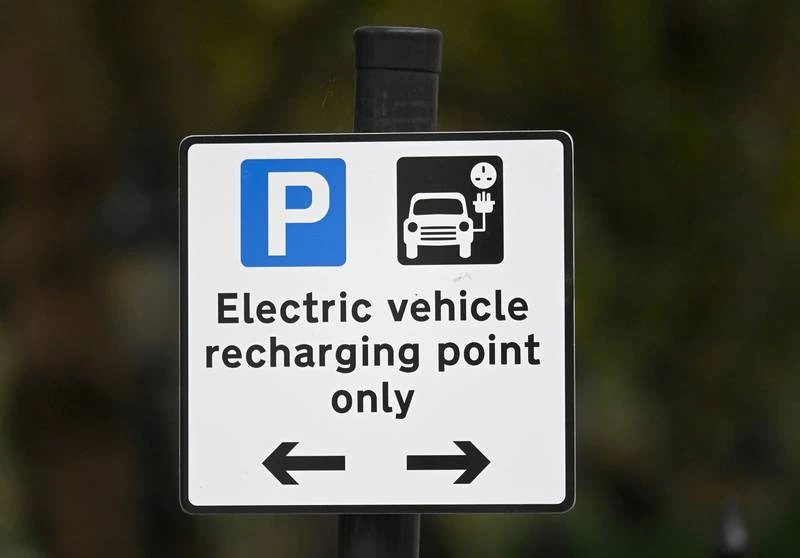Why South Africa is focusing on EV production
22 November, 2021

As countries hasten their shift to emissions-free transport, South Africa is aiming to snag a share of it as it explores electric car manufacturing.
Given the country’s own struggle with ongoing power cuts, electric vehicles (EV) may seem a strange engineering option. But the local car manufacturing industry hopes it can feed the demand for EVs across the world and in Africa, in particular.
South Africa's President Cyril Ramaphosa said in late October that the government was prioritising its shift towards full EV production.
“For electric vehicles to be produced here in South Africa, and the transition towards a hydrogen economy, this will be fast-tracked,” he said at the time.
Mr Ramaphosa was speaking at the launch of a new assembly line for the Toyota Corolla Cross hybrid, which has a combined internal-combustion engine and electric motor, at a factory in Durban, in South Africa’s KwaZulu-Natal province.
The Cross will be exported to at least 40 African countries and add $1 billion to South Africa’s economy. Collectively, the motor industry already supports 100,000 jobs, including those in the hundreds of small suppliers that provide components to factories.
South Africa's pivot to EV manufacturing comes at the right time. EV sales worldwide are growing rapidly at around 160 per cent, according to research company Canalys.
But electric cars have been a tough sell in South Africa where long-distance travel is common. Only 92 battery electric vehicles were sold in 2020, according to industry body National Automobile Manufacturers Association. This is down from 154 in 2019, and represents only 0.02 per cent of domestic vehicle sales. Hybrid sales declined to 232 units in 2020, from 253 units in 2019.
Range anxiety – the often cited concern of motorists that they will be left stranded on a long journey – is a major factor hindering the uptake of EVs in South Africa. But such fears are baseless, experts say.
“Some people make the argument that electric cars have too much range,” says Alex Parker, an automotive consultant. “It is an interesting argument because you put all this capacity into batteries, to be able to get 600 kilometres, when mostly what you do in a day is 70[km].”
The government is also considering incentives to make EVs more attractive to consumers and manufacturers.
Currently, EVs are heavily taxed, due to outdated rules that classify them as golf carts – a luxury item typically used by the wealthy. But it is expected that electric cars will soon be zero rated as Mr Ramaphosa’s government reconsiders import duties along with sales incentives, says Andrew Kirby, chief executive of Toyota South Africa.
Toyota's plant is prepared to increase production of EVs if such incentives were introduced, he says.
“We plan to fundamentally change the energy vehicle landscape in South Africa from a few hundred a year to well over 10,000.”
Ultimately, South African drivers may have little choice but to embrace the change. Many of the country’s key export markets are already moving to ban petrol or diesel propulsion. The EU, for instance, has set a target of 2050 to eliminate fossil fuel cars.
Surging fuel costs could also influence motorists, as the price of petrol has gone up by about 40 per cent this year. Motorists now pay about 20 rand ($1.31) a litre, the highest rate ever in the country’s history.
To put this in perspective, in 2008 when oil reached a record high of $147 a barrel, motorists were paying a little more than 7 rand a litre. In the years since, increased fuel taxes and a weakening currency have also delivered a crushing burden on drivers. More than half the price at the fuel pump now goes to the state in tax.
Companies, particularly within the transport sector, are taking the first step to go electric as a result.
Bolt, the European on-demand transport company that has 25,000 taxis in the country, is converting its local fleet to all-electric, Gareth Taylor, regional manager for the company, says.
Bolt had already achieved a largely carbon neutral footprint in the EU and it intends to do the same with its African operations.
“Electric vehicles can save up to 80 per cent of their daily fuel costs, and those savings can be passed on to the user,” Mr Taylor says.
Source: www.thenationalnews.com
TAG(s):
